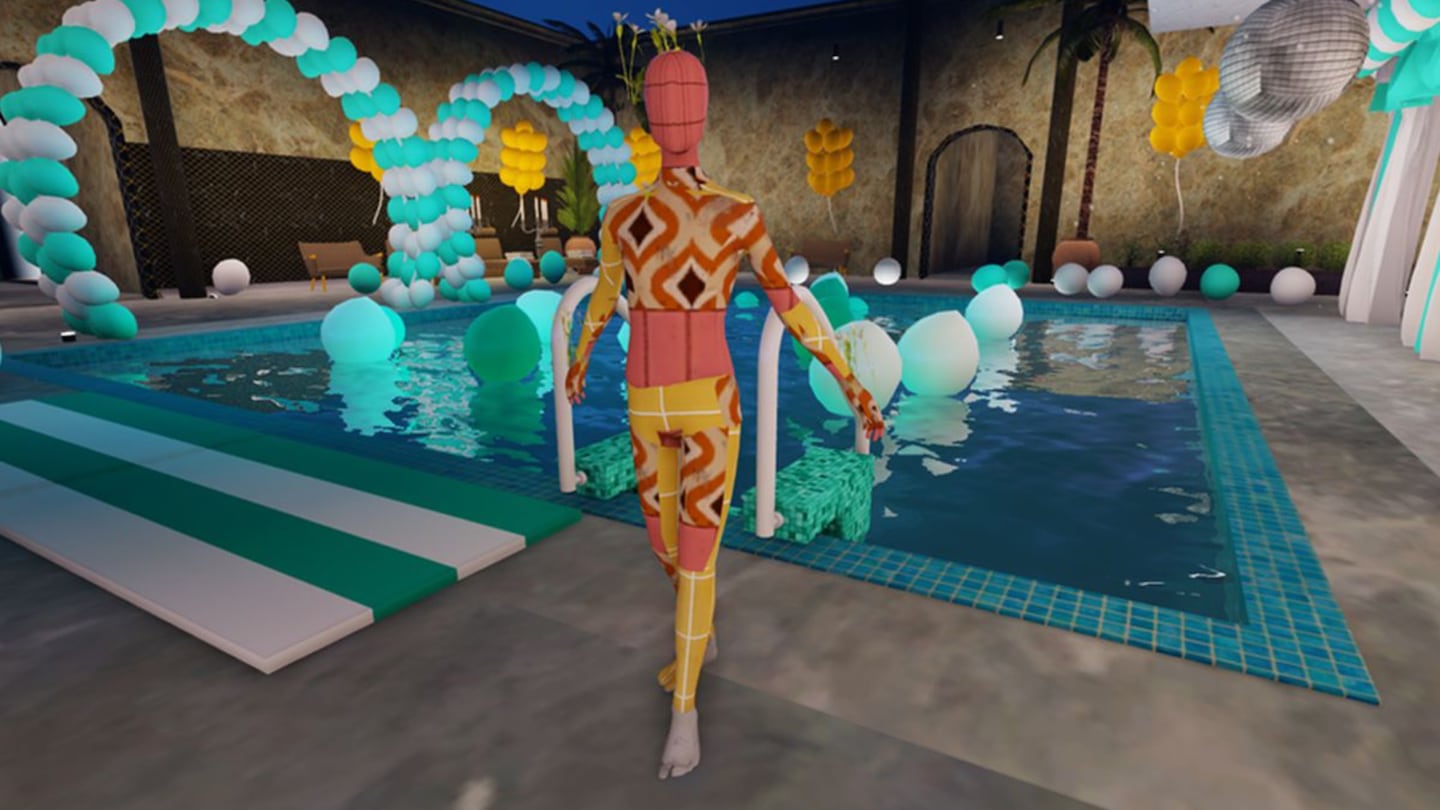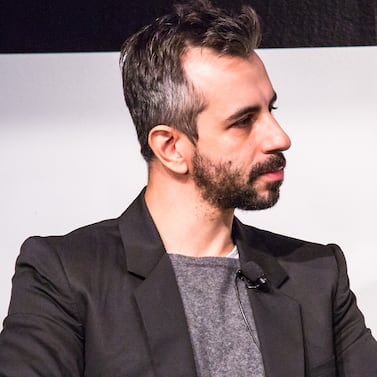
The Business of Fashion
Agenda-setting intelligence, analysis and advice for the global fashion community.

Agenda-setting intelligence, analysis and advice for the global fashion community.

This weekend, while scrolling through Instagram to catch up on the Milan menswear shows, I got an ad from Louis Vuitton highlighting an app-based game it created as part of its expansive collaboration with the artist Yayoi Kusama. After downloading it, I found myself colouring in different objects — Kusama-esque faces, the LV logo — as they floated around my living room in augmented reality on my phone screen. I wound up returning to it multiple times to complete the challenges and water the seeds I got from each one to unlock more games.
Later the next day, I watched the premiere episode of “The Last of Us,” the post-apocalyptic new HBO series based on a 2013 game of the same name. It’s notable for arguably being the first adaptation of a video game for the world of prestige television, rather than another of the artless, big action productions audiences usually get when games are the source material.
The two experiences were very different, but they share something in common: both are examples of video games entering rarefied spaces (luxury, prestige TV) that ignored them until not so long ago.
Today, games aren’t just entertainment. They’re a cultural force in their own right. The kids who grew up with the first home consoles are now older adults with disposable income and fond memories of playing their favourite titles. To younger generations, whose media diets are as much YouTube and Twitch as television, games are on equal footing with music and movies. Recently, when Deloitte surveyed people in five countries about their media habits, it found watching TV and movies at home was still the favourite entertainment activity of older groups, but not for Gen-Z.
ADVERTISEMENT
“Across all five countries surveyed — the United States, the United Kingdom, Germany, Brazil, and Japan — Gen-Z respondents cited playing video games as their favorite entertainment activity,” it said.
This game-loving generation comprises a growing share of fashion sales. In its 2022 luxury market recap, for instance, Bain & Company noted that Millennials and Gen-Z were behind all the growth in the market last year, and that the “spending of Gen-Z and the even younger Generation Alpha is set to grow three times faster than other generations’ through 2030, making up a third of the market,” the authors wrote.
These shoppers also have a “more precocious attitude toward luxury,” they noted, and are starting to buy high-end items younger than their predecessors did.
Fashion, which has long used ties to culture and entertainment as a way to connect with customers, has taken note. Brands are enmeshing themselves in popular games like Roblox, Minecraft and Fortnite, while sports companies such as Nike and Adidas have worked to build a presence in competitive gaming, called e-sports, by sponsoring teams or pro gamers, who can attract large followings online.
They’re also seeking to bring gaming into their worlds. Vogue’s Luke Leitch noted in a dispatch from Gucci’s show last Friday that alongside figures such as actor Idris Elba and renowned chef Massimo Bottura in the front row was Pow3r, an Italian professional gamer.
Nike has gone its own route, acquiring RTFKT, a web3 brand heavily influenced by gaming and which essentially has its foundations in the space.
“I was a weirdo in my generation, but now every 13-year-old is a gamer,” Benoit Pagotto, one of RTFKT’s co-founders, previously told BoF.
The interest in gaming is only set to ramp up in the years to come. Right now, games are among the best uses of virtual-reality headsets, and many experts believe today’s immersive games may act as prototypes for the metaverse, which would essentially be a 3D internet.
But even if that never happens, video games will continue to exert their cultural influence, forcing fashion brands to take them seriously.
Vans, Balenciaga and Benefit Cosmetics are among the brands tapping the multi-billion-dollar video gaming industry with strategies aimed at generating buzz and fostering community.
Virtual fashion brand RTFKT rocketed from launch to Nike acquisition in less than two years. The man on the joystick isn’t a Silicon Valley geek but a French provocateur with a radical business vision and a warning for the fashion industry: ‘A lot of brands are going to die.’
Tommy Hilfiger’s livestream of its NYFW show is just the latest example of fashion courting users on the platform, which is also rolling out an immersive new advertising format for brands.

Marc Bain is Technology Correspondent at The Business of Fashion. He is based in New York and drives BoF’s coverage of technology and innovation, from start-ups to Big Tech.
Successful social media acquisitions require keeping both talent and technology in place. Neither is likely to happen in a deal for the Chinese app, writes Dave Lee.
TikTok’s first time sponsoring the glitzy event comes just as the US effectively deemed the company a national security threat under its current ownership, raising complications for Condé Nast and the gala’s other organisers.
BoF Careers provides essential sector insights for fashion's technology and e-commerce professionals this month, to help you decode fashion’s commercial and creative landscape.
The algorithms TikTok relies on for its operations are deemed core to ByteDance overall operations, which would make a sale of the app with algorithms highly unlikely.